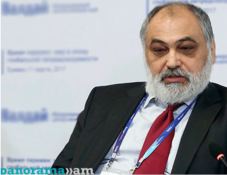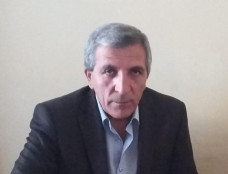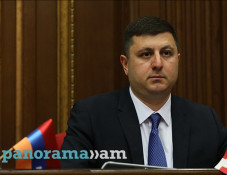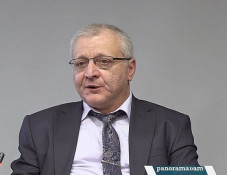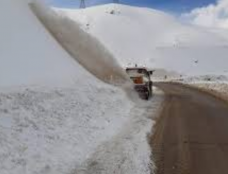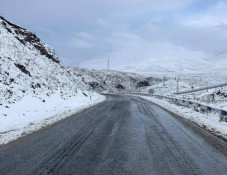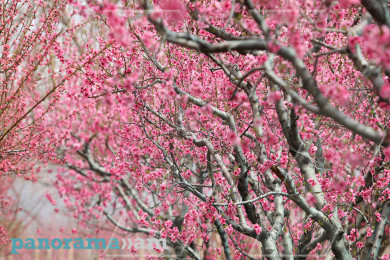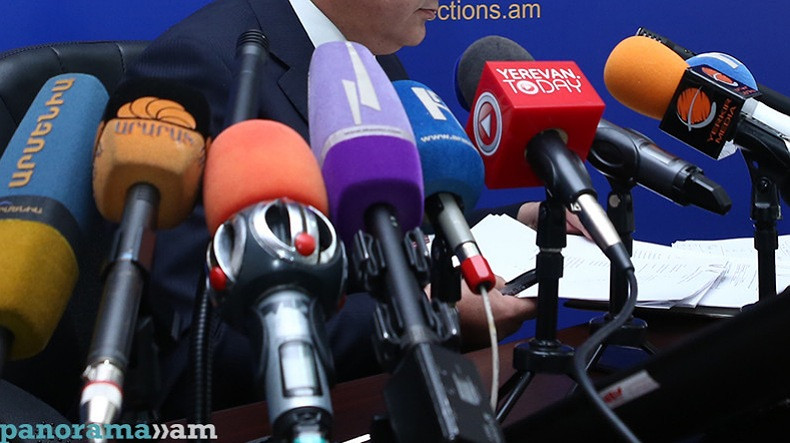
Armenia ranks 61st in 2020 World Press Freedom Index
Armenia ranks 61st out of 180 countries in the 2020 World Press Freedom Index, an annual ranking of countries compiled and published by Reporters Without Borders (RSF) based upon the organization’s own assessment of the countries' press freedom records in the previous year.
“Media diversity has blossomed but the government that emerged from Armenia’s “velvet revolution” in the spring of 2018 has failed to reduce the media’s polarization. The editorial policies of the main TV channels coincide with the interests of their owners. Journalistic independence and transparent media ownership are still far from being achieved,” RSF says.
“There is concern about the volume of judicial proceedings against journalists and about excesses in the fight against fake news. The involvement of the security services in combatting disinformation, followed by arrests of social media users, and attempts to legislate without prior discussion with civil society and journalists are alarming. However, investigative journalism is flourishing online and is well placed to play a major role in a national offensive against corruption,” the report reads.
In neighboring Azerbaijan, President Ilham Aliyev has been waging a “relentless war” against his remaining critics since 2014, the report says, adding independent journalists and bloggers are jailed on absurd grounds in the country if they do not first yield to harassment, blackmail or bribes.
“The main independent news websites are blocked. In a bid to silence journalists who continue to resist in exile, the authorities harass their family members still in Azerbaijan. They do not hesitate to reach beyond Azerbaijan’s borders, getting Azerbaijani journalists arrested in Georgia and Ukraine, and suing journalists in France,” RSF says.
Georgia’s media are pluralist but still very polarized, according to the findings. “The reforms of recent years have brought improvements in media ownership transparency and satellite TV pluralism, but owners still often call the shots on editorial content,” RSF says.
“Police violence against journalists is less frequent but continues, and threats are still common. The investigation into Azerbaijani dissident journalist Afgan Mukhtarly’s abduction in the Georgian capital in 2017 has yet to produce any convincing explanation of how it happened. After being kidnapped in Tbilisi, he mysteriously reappeared in police custody in Azerbaijan. His abduction shocked Georgians as their country has traditionally offered a refuge to dissidents from neighboring countries,” the report concludes.
Armenia’s neighbor Iran ranking 173rd is considered one of the world’s most repressive countries for journalists. At least 860 journalists and citizen-journalists have been imprisoned or executed in the country since 1979. The Islamic regime exercises extensive control over the media landscape, according to the analysis. “As a result, it is the citizen-journalists on social networks who are now at the center of the battles for freely-reported news and information and for political change in Iran,” the report says.
In Turkey, the witch-hunt waged by President Recep Tayyip Erdogan’s government against its media critics came to a head in the wake of the failed coup in July 2016, RSF says.
“After the elimination of dozens of media outlets and the acquisition of Turkey’s biggest media group by a pro-government conglomerate, the authorities are tightening their grip on what little is left of pluralism – a handful of media outlets that are being harassed and marginalized. Turkey is the world’s biggest jailer of professional journalists,” the report reads.
Some laws in Russia allow the government to disconnect the Russian Internet from the rest of the world, according to the index. Due to pressure on media, leading independent news outlets have either been brought under control or throttled out of existence. “Freelance journalists now risk being branded as “foreign agents,” a label already placed on some media outlets and leading human rights NGOs. Crimea, which was annexed in 2014, and Chechnya have meanwhile become “black holes” from which little news and information emerges,” the report says, adding murders and physical attacks against journalists continue to go unpunished in Russia.
The 2020 World Press Freedom Index shows that the coming decade will be decisive for the future of journalism, with the coronavirus pandemic highlighting and amplifying the many crises that threaten the right to freely reported, independent, diverse and reliable information.
There is a clear correlation between suppression of media freedom in response to the coronavirus pandemic, and a country’s ranking in the index. Both China (177th) and Iran (down 3 at 173rd) censored their major coronavirus outbreaks extensively, the report said, adding even in Europe, Prime Minister Viktor Orbán of Hungary (down 2 at 89th), had a “coronavirus” law passed with penalties of up to five years in prison for false information, a completely disproportionate and coercive measure.
According to the ranking, Europe continues to be the most favorable continent for media freedom, despite oppressive policies in certain European Union and Balkan countries. It is followed by North, Central and South Americas.
Norway tops the annual press freedom index for the fourth year in a row. Finland is again the runner-up, while Denmark and Sweden rank 3rd and 4th, respectively. North Korea holds the last 180th place.
Newsfeed
Videos








